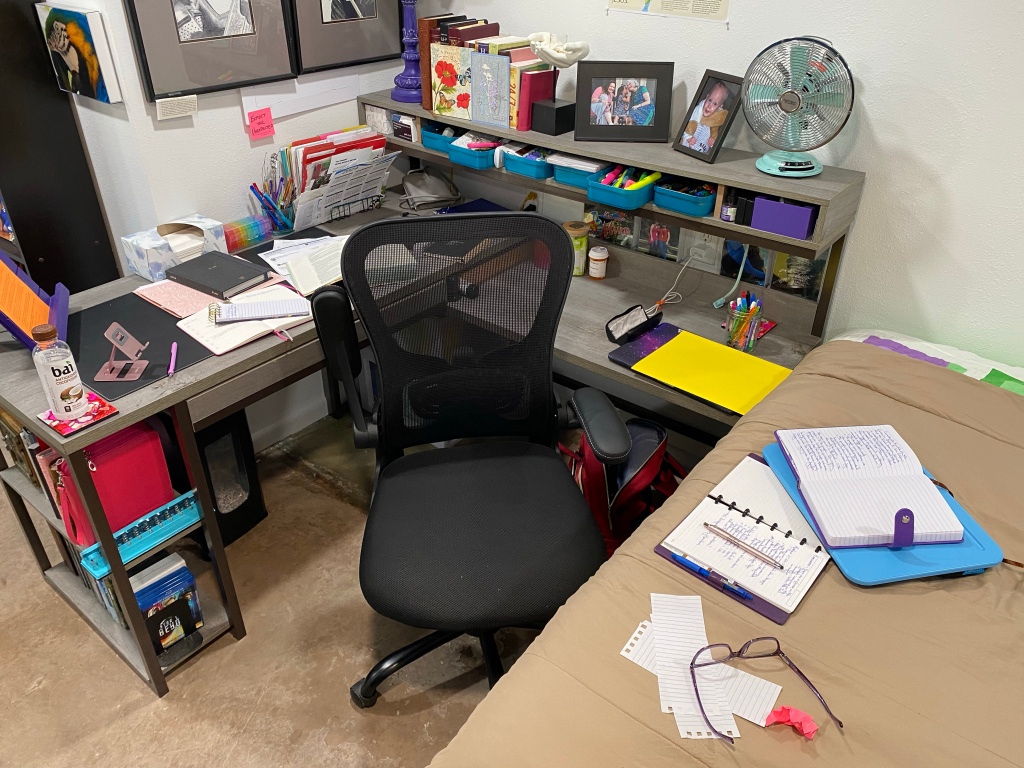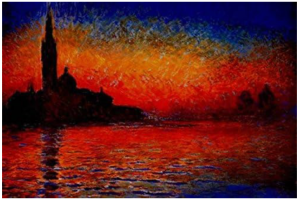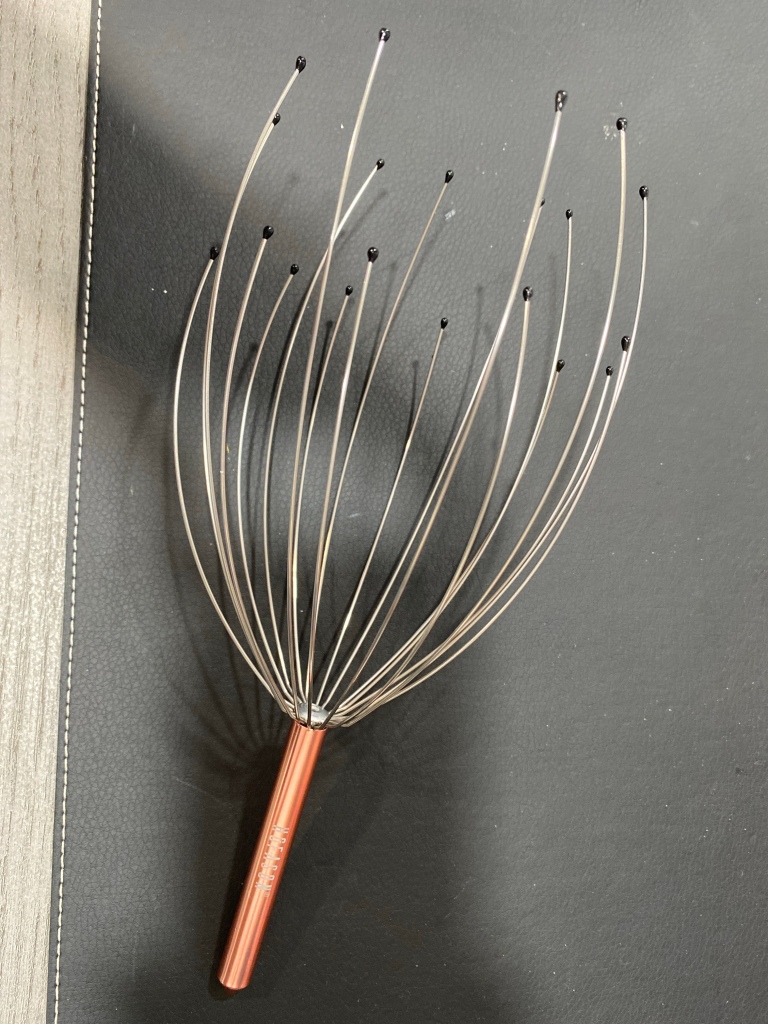“Tammy, what are you doing? You know this is a topic best avoided.”
Perhaps, but drinking alcohol is a subject that comes up often among Christians, one I occasionally get asked about, which means fellow believers are honestly wondering where I stand. I’m not afraid to answer the question.
The Bible contains numerous, obvious warnings against drinking to excess, so let’s take that off the table entirely. Yes, I firmly believe that drinking to excess is wrong on many levels and is, indeed, sin. Having lived with alcoholics (and an abusive alcoholic at that), I had strong feelings on this topic long before I found confirmation in the Bible.
So today we’re talking about casual drinking, occasional drinking, social drinking.
And my simple answer is this: I’m not your Holy Ghost. If you are honestly and sincerely seeking God and a deeper relationship with Him, if you are asking the Holy Spirit for guidance with a heart that beats to please your Lord, you will get your answer straight from the Source. This is true about anything; you can take all things to God and get answers from Him.
The fact is that God meets each of us as individuals, giving us many instructions about things to do and not to do that may or may not be clearly indicated in the Bible. Sometimes there is a concrete reason, like God telling me to back off the sodas because the addiction was harming my body. Yes, I said addiction, and giving in to addictions is a huge mistake: If you obey an addiction over God’s instruction, you are making the addiction an idol. Idol worship is sin.
Sometimes God instructs us to do, or not do, things simply so that we can practice obedience. I have literally had a conversation with God in which He asked me, “Will you give up ____?” It took me a minute, but I said, “Yes, if You want me to I will.” He then told me I didn’t need to, that He was asking to find out where my heart really was, and so that I could see where my heart really was.
Again, anything that is more important to us than God is an idol, and where there are idols there is sin.
I know, a lot of words for a simple answer.
So, here’s my personal response.
Alcohol has never been a real draw for me, even on those rare occasions when I did drink. However, I’ve sought God on the topic a lot since I actively started serving Him, because I know it is a major issue for many others. I have God-loving Christian friends who think drinking is of the devil, and equally God-loving Christian friends who see no problem with it at all as long as it’s not to excess, as long as they’re not giving control over to the alcohol. (Yes, that’s a fine line to draw since you often do not recognize the point at which you lose control.)
For years, I’ve considered it best not to drink simply because I don’t want to set an example that causes anyone else to stumble. Jesus and Paul were both pretty firm on this point, a fact that was enough for me to choose not to drink just in case there was anyone watching who would be hurt. Then I saw something else several years ago while reading the book of Leviticus. In Leviticus 10:9-10, God commanded Aaron to ensure that none of the priests drank wine or strong drink when going into the Tabernacle.
There was no place for wine or strong drink, or one who was being influenced by such things, in the Tabernacle. Yes, that’s Old Testament; I get it. But here’s this.
“Don’t you realize that your body is the temple of the Holy Spirit, who lives in you and was given to you by God? You do not belong to yourself, for God bought you with a high price. So you must honor God with your body.”
1 Corinthians 6:19-20 NLT – NOTE: New Testament
There it is: The connection. Tabernacle…temple…essentially the same thing.
You can look at this two ways. The first way I saw it was that I am essentially a priest who, 24/7, ministers in the temple that is my body. In that case, I have no business bringing wine or strong drink into the temple. Then there is the fact that my body IS the temple and, whether or not you think of me as a priest ministering in the temple, I have no business bringing alcohol inside.
Again, to make myself abundantly clear, I am not your Holy Ghost. I am merely sharing what God has shown me. I’m not judging anyone. Shoot, when I was visiting a friend’s church and accidently took communion from the cup that held real wine, I didn’t feel like I had done wrong and needed to repent. (It felt more like making a sacrifice, actually. To my tastebuds there is no good wine.)
And yes, the tabernacle/temple analogy holds true in a lot of ways. I have great responsibility to take care of my body specifically because it is the temple of the Holy Ghost. That’s why I hardly drink any sodas anymore and have cut way back on sugar yet again.
“Yet again?” you ask? Right: Addiction is real. I can’t tell you how many times I’ve given up sodas, how many times I’ve cut back on sugar. I have to regulate my intake carefully because it’s far too easy to slip right back into that addiction. This is actually why I recently wrote my post entitled “Thankful for the Hard Things.” I am genuinely thankful that now, when those temptations arise, I can remind myself that I’ve already had a TIA and don’t want to do anything that might lead to another. I’ve had my wake up call. I will heed it.
So there it is. I’ve dared tackle one of the most controversial issues in Christianity. Feel free to disagree with me; many do.
Celebrating Jesus!
Tammy C










